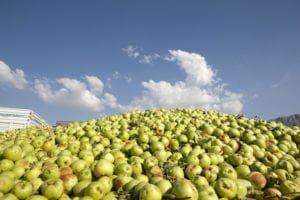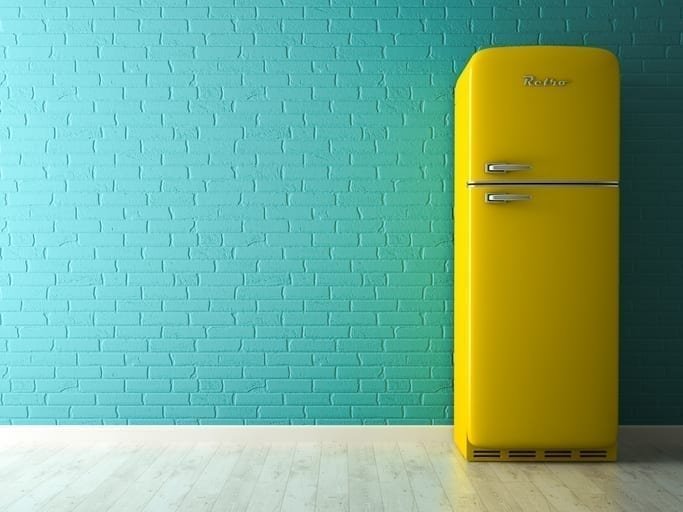Cook, TV presenter and author Nadiya Hussain has joined WRAP for the UK’s first national week of action to tackle household food waste and drive home the message that Wasting Food Feeds Climate Change.
Running from 01-07 March, Food Waste Action Week is being delivered through WRAPs well-known Love Food Hate Waste brand to mitigate the devastating impact food waste has on the planet.
Tips for reducing waste
UK households produce around 70% of the UK’s 9.5 million tonnes of food waste every year. To tackle this, Love Food Hate Waste and Nadiya will ask people to take part in the Food Waste Action Week Challenge to make sure no edible food ends up in the bin.
The cook, TV presenter and author will spearhead a week of activities offering tips and tricks to cut waste, simply.
In total, a staggering 6.6 million tonnes of food waste comes from our homes each year in the UK, at a cost of £14 billion.
Of that, 4.5 million tonnes is food that could have been eaten, which works out to around eight meals per household each week.
This ‘edible’ element of household food waste is responsible for 14 million tonnes of Co2e alone – as much greenhouse gas produced as flying from London to Perth more than 4.5 million times.
Globally, around a third of all food produced is lost or wasted, which contributes between 8 and 10% of total greenhouse gas emissions.
‘Being at home more this last year has given many of us – including myself – an opportunity to reassess our relationship with cooking. Most of us don’t realise it, but wasting food is a major contributor to climate change. And it isn’t just the leftovers on our plate to consider but the many resources that go into producing our food, like water and land.
‘If we each make small changes we’d dramatically reduce the amount of food that ends up in the bin, and really can make a difference. From avoiding buying or preparing too much to storing food correctly, Food Waste Action Week is about helping people make the most of their food, and through our actions – help protect our planet.’
NADIYA HUSSAIN
Cook, TV presenter and author
Food waste and climate change
Public awareness of the impact of food waste has on climate change is less common than other environmental factors.
Recent WRAP research found that whilst 81% of people in the UK are concerned about climate change, less than a third (32%) see a clear link between it and food waste. This compares with over half who make the link with aviation and climate change.
In fact, global food waste produces more greenhouse gas emissions than all commercial flights.
According to 2020 WRAP research on the UK’s food habits during lockdown, being confined to our homes has resulted in an increase in behaviours such as batch cooking and meal planning, which help tackle food waste.
But the latest insights suggest that food waste levels are likely to rise again as we emerge from lockdown.
The aim of Food Waste Action Week is to empower people to make simple changes in how they manage their food to avoid it being wasted.
 Play Video about This Rock Might Just Save The World
Play Video about This Rock Might Just Save The World Play Video about Play 2 hours of rock
Play Video about Play 2 hours of rock Play Video about Play 2 hours of brook
Play Video about Play 2 hours of brook Play Video about Play 2 hours of sheep
Play Video about Play 2 hours of sheep















































